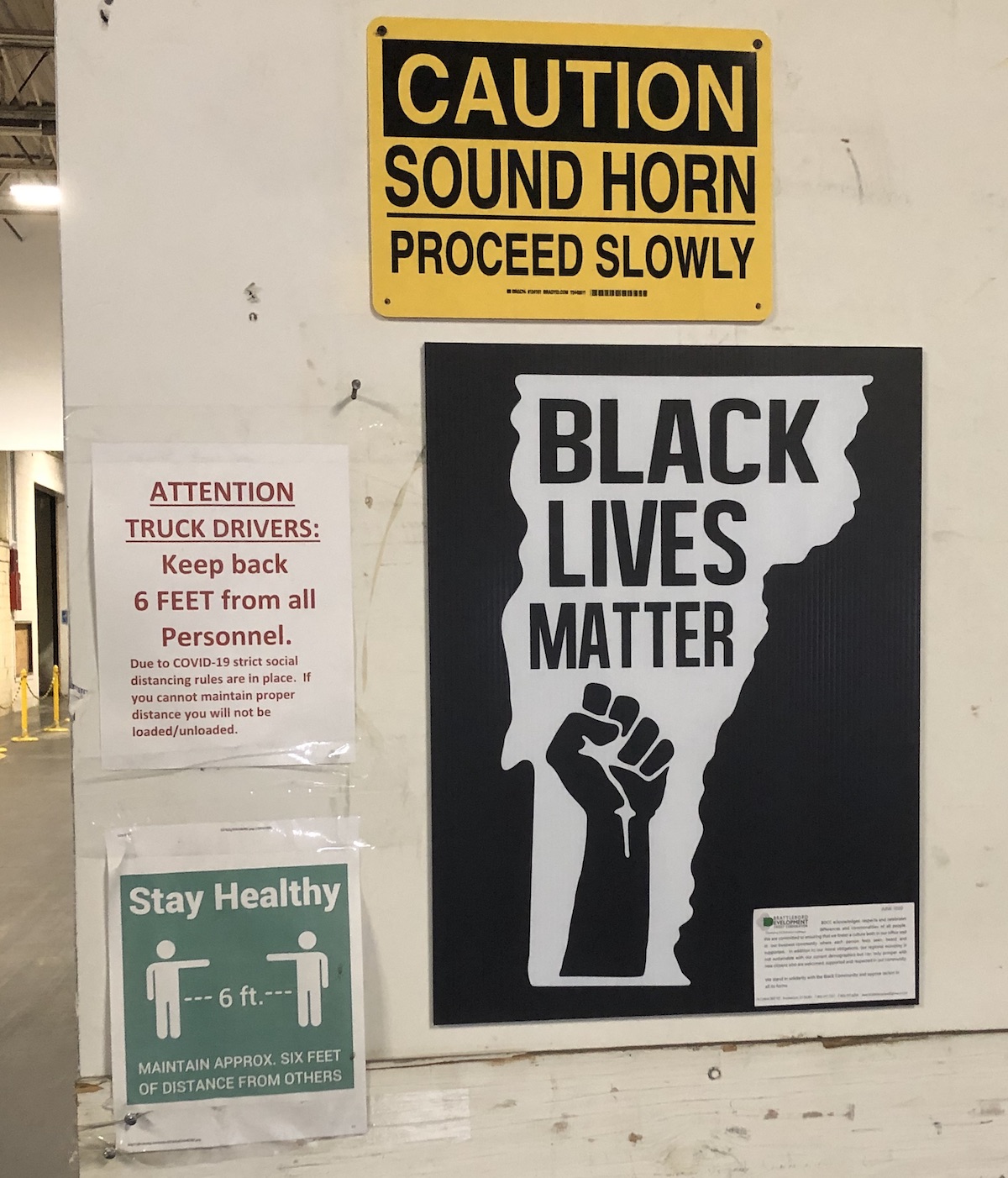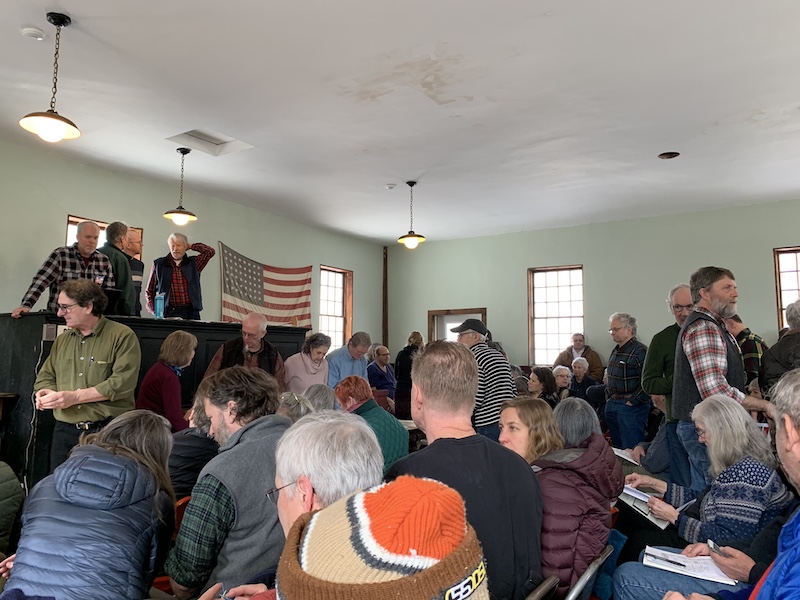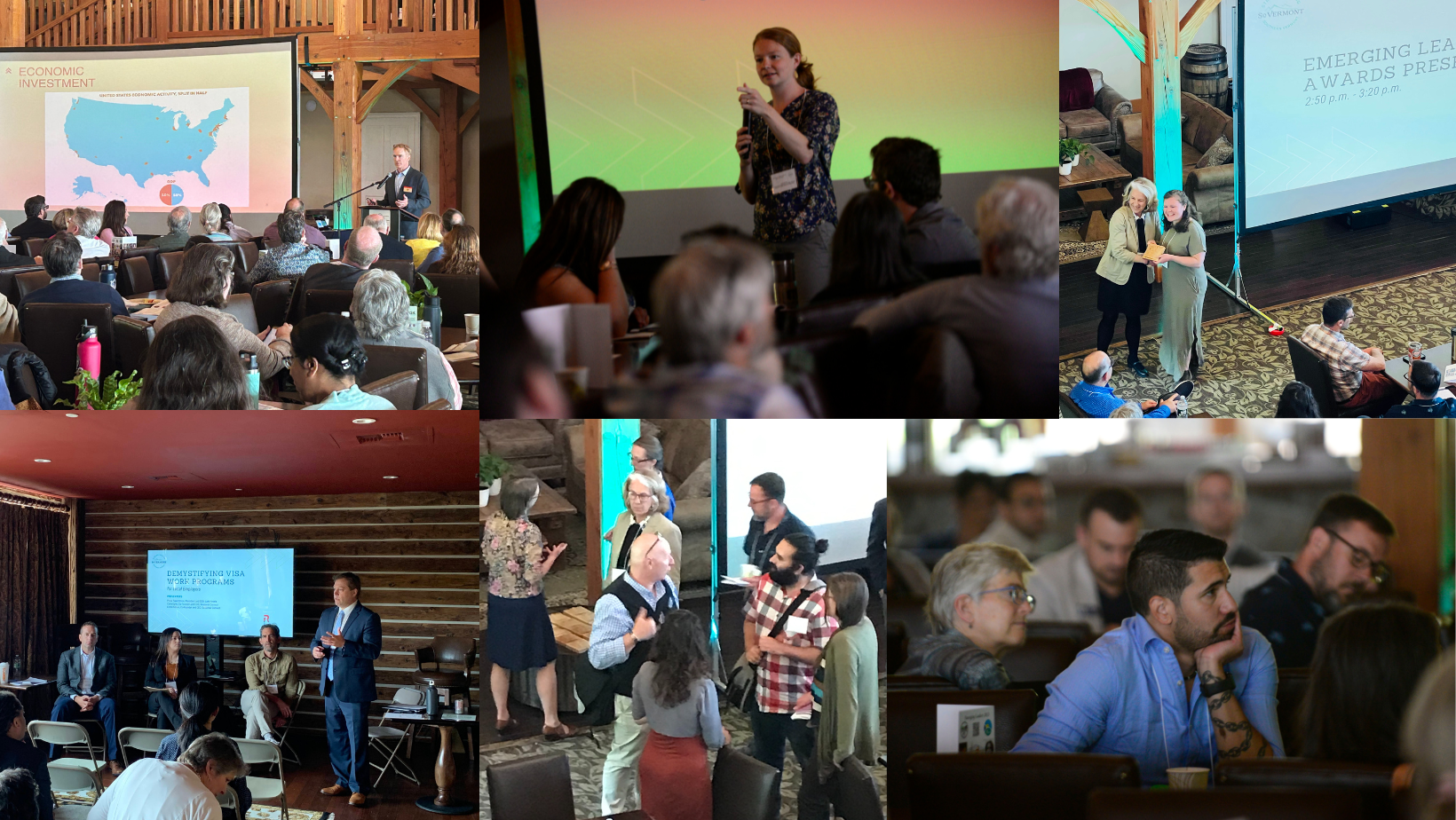
BDCC, Equity, and Inclusivity: Developing Welcoming Workplaces
Since this June, the BDCC has continued to expand our commitment to ensuring the workplaces, communities, and economies we’re supporting are equitable, inclusive, and thriving for all. As COVID brings new economic challenges, and exacerbates existing inequities in our economy, the BDCC has worked to ensure equity, inclusivity, and anti-racism are incorporated into all of our work.
It’s time to recognize the impact that systemic racism has on disadvantaged entrepreneurs and their access to capital, technical assistance, networks and other tools to achieve success. The events of this past summer really increased awareness of the Black Lives Matter movement and what it represents. Covid-19 has further highlighted economic and health disparities. Here at the BDCC the events of the past year have encouraged us to reassess our understanding and knowledge. We’re taking the steps to learn more, change our operations, and prepare to better serve our whole community.
Both nationally and here in Vermont, BIPOC and disadvantaged businesses have had less access to technical assistance and capital. National data shows minority businesses were underserved by the main small business relief program – PPP. It took longer for Vermont recovery grant programs to connect with and serve BIPOC and disadvantaged businesses. BDCC we are focused on what’s failed and recognizing the deficiencies, and then taking steps to effect change through engagement and outreach, and improving our approach to service delivery. Programmatically, we’re sharing best practices and creating intentional space to ensure our services are accessible, and our impact is felt, by all. Internally, BDCC staff and board members have attended implicit bias and workplace inclusivity training. Staff are educating ourselves through reading, listening to podcasts, sharing resources to expand our knowledge, and holding discussions in small groups on how we can do our work better.
We’re also working to enlist more partners in the region to recognize these gaps to better serve BIPOC and minority businesses. As co-chair of the Diverse Workforce Development Committee of the Community Equity Collaborative in Brattleboro, we’ve helped develop a basic template for small- and medium- sized businesses to begin exploring and investing in Equity and Inclusivity trainings for their own organizations. We’re also promoting local and statewide training providers, and have a new webpage to highlight opportunities like Adaptiva HR’s upcoming training “The Lenses We Look Through: Unconscious Bias at Work”, or VBSR’s E.P.I.C Education series. For all community members to succeed, it’s imperative that our workplaces are equitable, inclusive, and welcoming, especially to BIPOC community members. You can periodically check-in on our website which will continue to be updated as we all learn about more opportunities.
We’re also creating specific resources, webinars, and opportunities to make sure BIPOC, Women, and LGBTQ+ owned businesses have equal access to the tools and relationships needed to thrive as a business. This includes access to banking and financing, technical assistance around business planning, and support navigating COVID relief programs. Our recent Business Resiliency Program webinar connected BIPOC and Women-owned businesses with local lenders and technical assistance experts. This is just one example how we are working to overcome past inequities and substantively support diversity, equity and inclusion through entrepreneurship, workforce development, and economic development projects.



